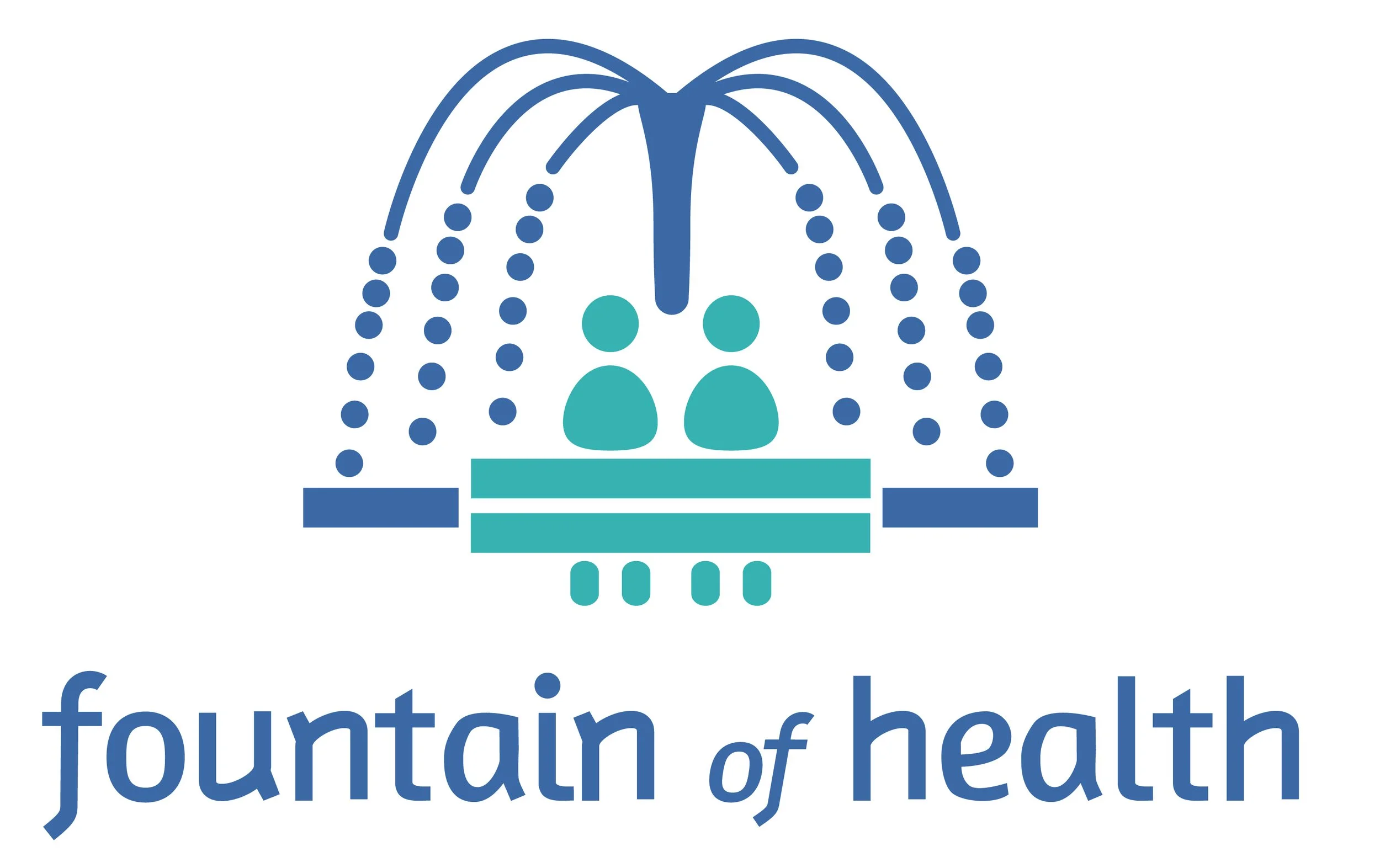The Fountain of Health
supporting communities and PATIENTS to thrive
The Fountain of Health™ non-profit is funded entirely by grants and donations. We are now able to provide a tax receipt for your donation, thanks to our fundraising collaboration with the Mental Health Foundation of Nova Scotia.
A trusted voice in Canada on the science of brain health and wellbeing for over 15 years, the Fountain of Health is increasing public awareness about the science of brain health and preventative medicine, supporting people to make positive changes and thrive.
Donate to the Fountain of Health here.
The Fountain of Health approach has been shown to improve health behaviours and to enhance wellbeing
The results are in from over 2000 clinicians and 1500 participants delivered individually or in groups. Over 80% of people using the Fountain of Health tools at least partially attained their goal, and had improvement in wellbeing and health behaviours and attitudes in just 4 weeks.
Health professionals using the tools report improved health behaviours in themselves, and that the tools were easy to use in practice. The Fountain of Health approach has been tested and scaled across Canada.[i]
Did you know? Only about 25% of human life expectancy is accounted for by family genes - much more is due to things we can change: outlook and lifestyle!
Fountain of Health Thrive Learning Centre
offers tools and training to help you to thrive
Since 2010, the Fountain of Health has promoted the science of brain health and wellbeing to the public, healthcare providers and communities to help close the gap between science and awareness. Exciting new evidence has grown exponentially in support of the Fountain of Health approach over that time. Current science widely supports lifestyle changes to enhance brain health -- not only to reduce the risk of illness including dementia but also to promote wellbeing.
6 WAYS TO BOOST BRAIN HEALTH & WELLBEING
The THRIVE© Approach to Wellbeing is a unique integration of 6 key findings from the science of brain neuroplasticity, resilience, preventative medicine, and behaviour change.
HELP US TO SPREAD THE WORD
Your donation will help us scale and spread the science of brain health and wellbeing. We appreciate your support! You can also follow us on Facebook, LinkedIn or Bluesky, and subscribe to our newsletter!
Facebook
Fountain of Health Initiative | LinkedIn
Fountain of Health THRIVE (@fountainofhealth.bsky.social) | Bluesky
Fountain of Health Thrive ModEL
THOUGHTS
Our thoughts play an important role in overall health and resilience. Positive thinking doesn't mean wearing "rose-coloured glasses", ignoring real difficulties, or pushing away important feelings. It's about finding balance; noticing what is good in ourselves and focusing on what we can change when problems arise and being kind and compassionate to ourselves and others.
HEALTH HABITS
Staying healthy through physical activity is one of the best things you can do for your brain and your body. Physical activity is a strong promoter of neuroplasticity - your brain's ability to grow and form new connections. Exercise also boosts your brain's resilience: the ability to cope with life's challenges and bounce back from stress. Healthy eating impacts our overall health, including our brain. Eating a diet rich in plant-based foods, whole grains, fish and healthy fats can increase mental focus and slow cognitive decline.
RELATIONSHIPS
Having a person in your life whom you trust is highly protective for your well-being. Loneliness and social isolation contribute more to your health than even cholesterol and blood pressure! Research shows feeling socially connected and supported is a key factor in overall health across the lifespan.
INTERESTS
Due to brain “neuroplasticity”, you can shape, rewire, and grow new neural connections throughout your life. Challenge your brain with a new hobby and build your "cognitive reserve". Time flies when you are absorbed in interest or engaging activity.
VALUES
Setting goals that are meaningful and match our values will help us achieve them. Ask yourself, what matters most to me? When I am at my best, what am I doing? Setting meaningful goals that are aligned with our values – and that are achievable and measurable – sets you up for success
EMOTIONS
Being able to notice, label and accept emotions allows us to settle our nervous system and improve our well-being. Noticing feelings also allows us to increase and savour positive emotions: joy, pleasure, love, and contentment. Early detection and treatment of mental illness are key to maintaining well-being. Be willing to talk with your doctor about your emotions and mental health in the same way you look after your physical health.


